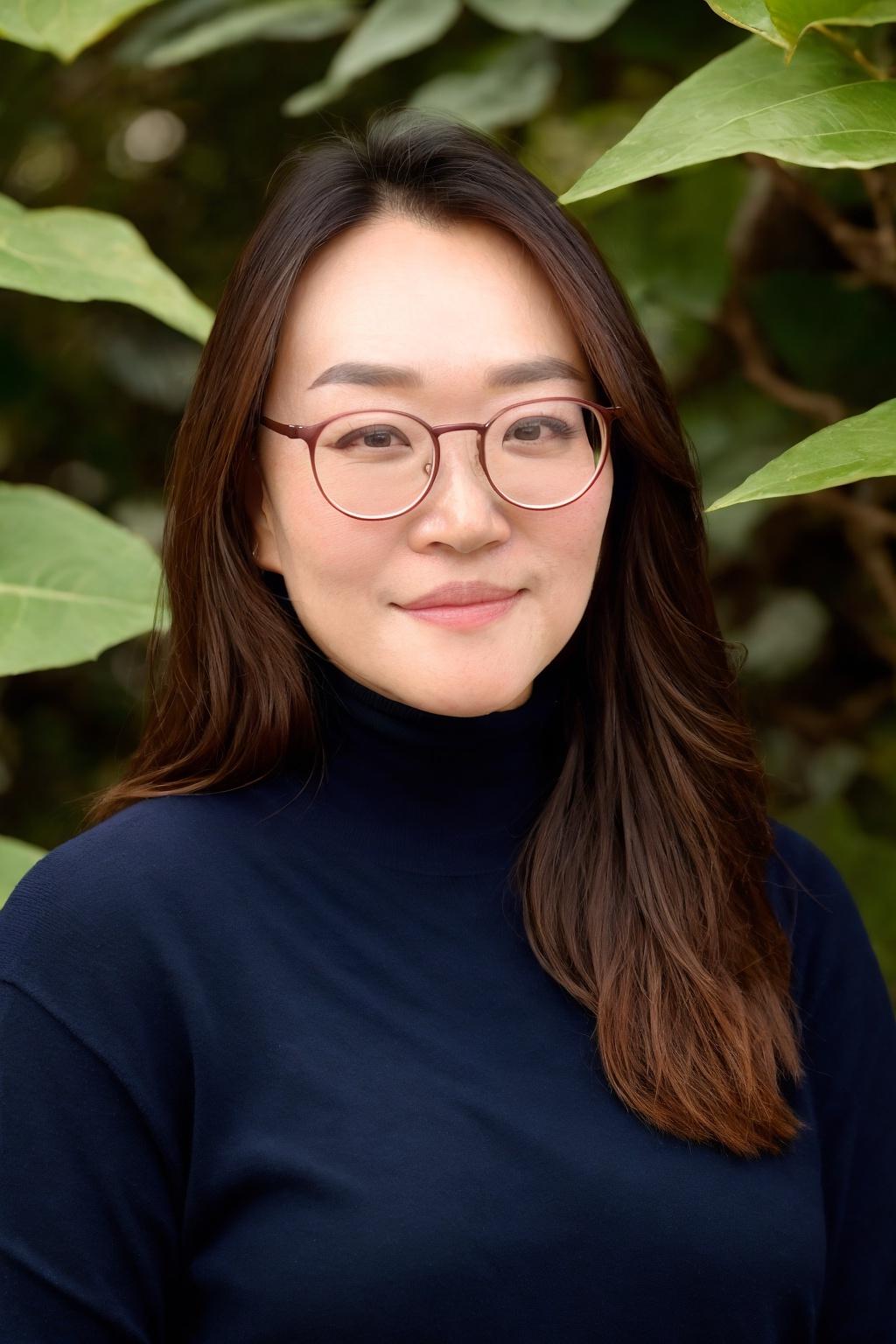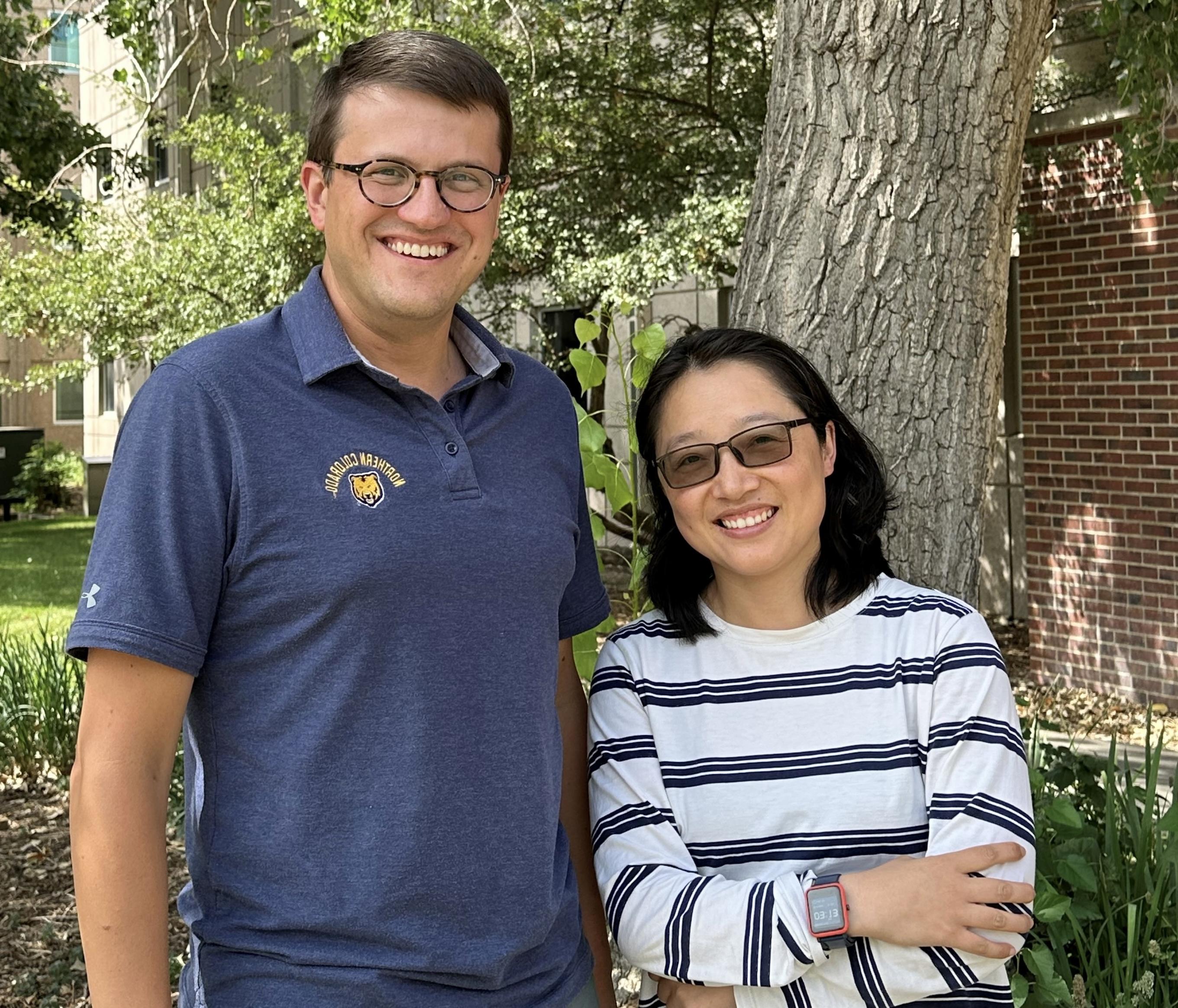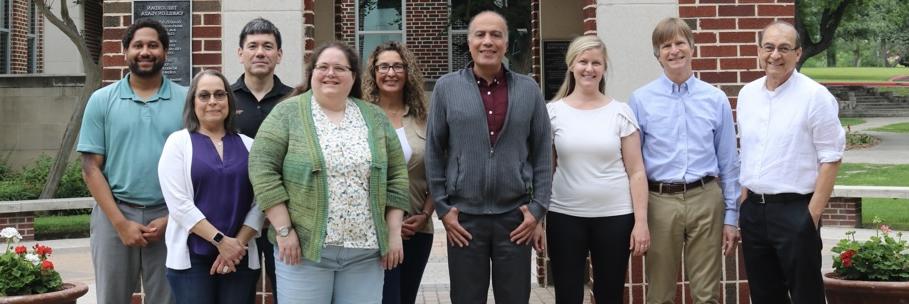Research Development
Recognizing Awards in Research
The following individuals have received outstanding awards and grants for the work in their fields.
What is Research Development?
Research development encompasses a set of strategic, proactive, catalytic, and capacity-building activities designed to facilitate individual faculty members, teams of researchers, and central research administrators in attracting extramural funding for research, scholarship, creative, and institutional capacity building activities. Research Development also fosters relationship-building with program officers, developing and implementing strategies that increase institutional competitiveness, and much more, in an effort to bring about meaningful discoveries, critical innovation, and real-life impact that benefits local and regional societal well-being.
Funding Opportunities Newsletter
Trainings and Webinars







